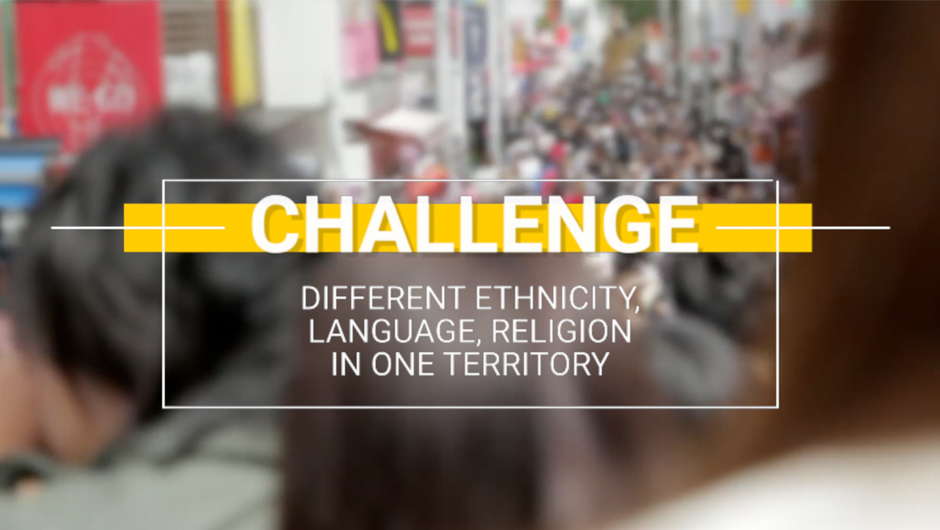ASEAN divide can be addressed through history

The nation state has become the universal model for statehood. However, it is a rather recent invention, and it only became dominant during the last 150 years or so. This is a problem when people of different identities, be they ethnic or linguistic or religious, have been living side by side in a territory that suddenly became a nation state, with one group of people becoming the dominant group defining the new nation, and other groups feeling demoted to second-class status.
This happened a lot during the period of decolonization. The problem became exacerbated when some groups had immigrated during colonial times. The original inhabitants were powerless to stop this process, but they kept regarding the immigrant groups as somewhat alien and as interlopers.
In many countries of the ASEAN region we see lingering effects of this process, with societies and politics divided along such lines of group identities, of majorities that want to reassert control via a national narrative and of minorities that feel excluded and even endangered. In some cases this has led to serious violence.
The only way out towards a more harmonious future is to address history openly - through a discussion between the different communities about the past, where all participants try to understand the fears and the old as well as the new wounds they have suffered. This will take time, but it can break down the mental walls that all have built around themselves and enable them to create a new basis for the future.
Siggi Herzog talks about the challenges of migration and addressing it through understanding history.